Challenges for Women in STEM
EvCC students and SWE Club members, Hanna Wells and Hilda Pacheco, with the club advisors’ daughter, Zandrea Washburn. The club members gather at the Washburn home to play games and socialize.
In the U.S. and other parts of the world, there continues to be a gender gap in Science, Technology, Engineering and Math (STEM). According to the Pew Research Center, “Women remain underrepresented in engineering (14%), computer (25%) and physical science (39%) occupations.”
19-year-old Madison Albrecht is a student at EvCC who is majoring in Mechanical Engineering. She’s also Vice President of Society of Women Engineers club (SWE).
Mechanical engineering is the most general field and most broad “in terms of where you can take it in your career path,” Albrecht said.
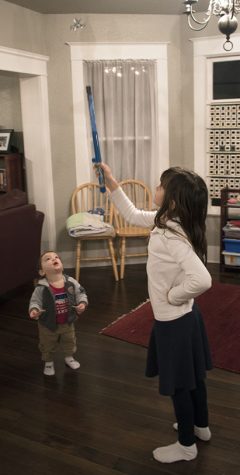
Zandrea Washburn, the 8-year-old daughter of EvCC physics professor and SWE club president, Kristine Washburn, demonstrating her Fun-Flyers toy. SWE club meetings are open for people of all ages, including Zandrea who wants to be an engineer and design homeless shelters.
Mechanical engineering is one of the branches of engineering that involves the use of machines, design, and construction.
“It’s definitely personally my preference because it’s very hands-on,” she said.
Albrecht became very interested in math and science at a young age. She would also always wonder how certain things were designed or made.
“I always really liked math and science. I found that it came easier to me and it was more interesting,” she said. “As a kid, I would play with Legos a lot more than I would play with Barbies.” Albrecht found people with similar interests at SWE.
“[SWE] has played the biggest part in my education,” Albrecht said.
SWE has helped Albrecht meet new people who did or are doing the same thing she’s doing for her education. It helps her know that she is not alone. “In one of my classes last quarter, out of maybe 40 people there was maybe four girls,” she said.
Albrecht sees that there are a lot more men involved in the engineering field but is starting to see a lot more females getting into the field. She advises a student living in Arlington who is also interested in becoming an engineer.
“There are lots of women interested in [engineering] from a young age and lots of girls who just need that push or someone to talk to them on a personal level,” Albrecht said. “I would’ve appreciated that so much. I kind of had to figure everything out all on my own.”
Anusha Venkatachalam, an electrical engineering instructor at EvCC, had a similar experience. While Venkatachalam was in school earning her degree, “most of the time [she] was the only female student in the class.”
Because of this, all of the other male students would leave her out of group projects and wouldn’t include her. Venkatachalam had to take initiative and include herself in group work or discussions.
Other than that, Venkatachalam got a lot of support from her professors. They would give her recommendations and references.
In the classes Venkatachalam teaches, she’s “never had a class where women outnumbered men.”
“I think there’s a perspective that the technical field and sciences are meant for men,” she said.
Venkatachalam also believes that young women are taught at a young age that “women are not ‘cool’ if they study science and math,” she said. “There are young bright women who love math and science [but] will not admit to that.”
Venkatachalam thinks that it would be great to get more women in the STEM fields that don’t have enough women. She also thinks that if there are women who are interested but are reluctant, they should talk to the women in engineering.
“We have a lot of insight and a lot of experiences we can share,” she said.
Denise Beebout, a student here at EvCC and mother of two is majoring in chemical engineering. Beebout is the President of the Society of Hispanic Professional Engineers (SHPE) and also apart of SWE.
When Beebout first started going to EvCC, she met with a male advisor who seemed very unsupportive. “I almost felt belittled,” she said, “ When I told him I wanted to enter in engineering he told me to check out another degree at UW that was very easy to get into”.
“I think there’s a battle with females about having to assert themselves with knowledge and being around males and having to have their voices heard,” Beebout said.
She then looked for a new advisor and found Kristine Washburn. She introduced Beebout to SWE and she decided to join.
“[Clubs] have been a big reason as to why I’ve been successful in school,” Beebout said, “For me school is not just going to school, leave, then go home and study, for me it’s my community.”
In a field where not many women are involved, SWE gives Beebout a sense of support and community. “It’s important to find groups and people that are going to be your support system because you can’t do it alone,” she said.
Having someone to help create a foundation is key when support is otherwise difficult to find. “In history, women aren’t as supported in math and sciences,” Beebout said. “For a woman to graduate with a degree like that speaks much more volumes than a male sometimes because the road can be a lot harder.”
“As females, we have to break new barriers as it is,” Beebout said.
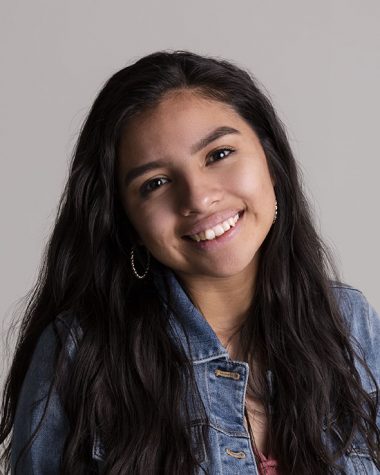
What interests you about journalism?
What I love about journalism is definitely all the amazing people that you get to meet and the amazing stories...
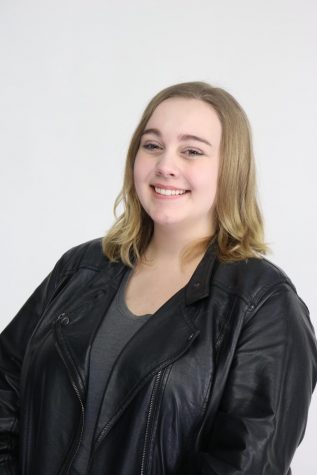
What interests you about journalism?
I have always had a passion for storytelling. Meeting people and telling their stories is my favorite part...

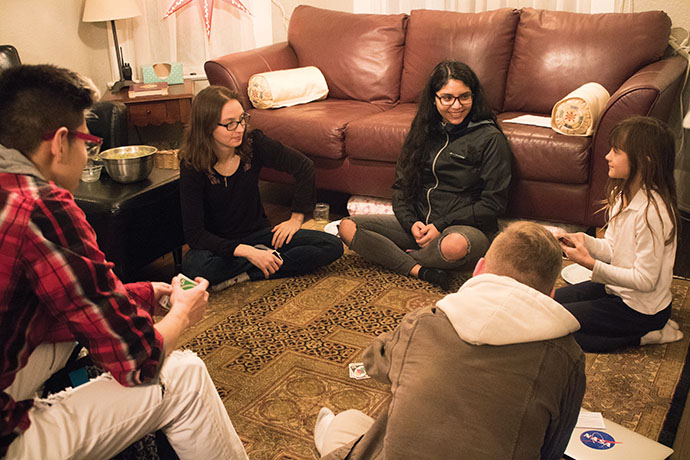
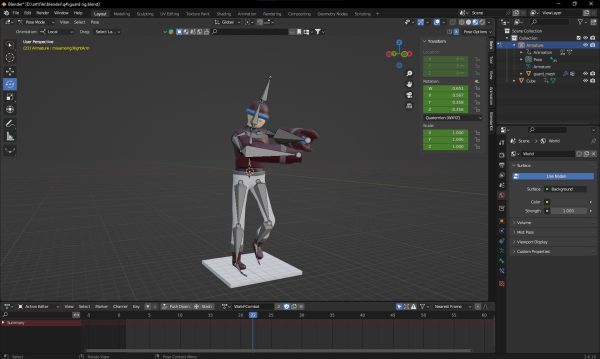


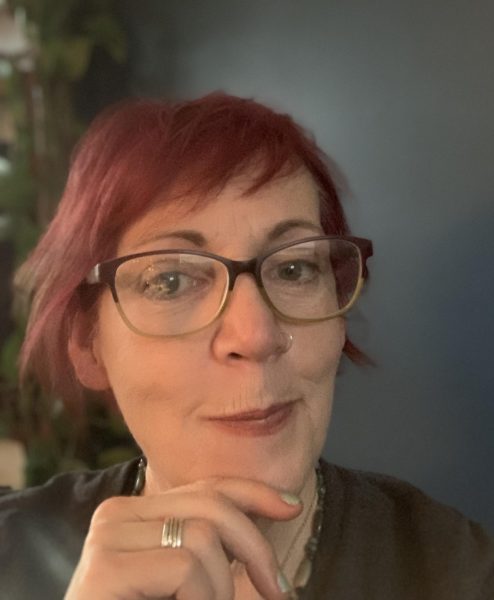
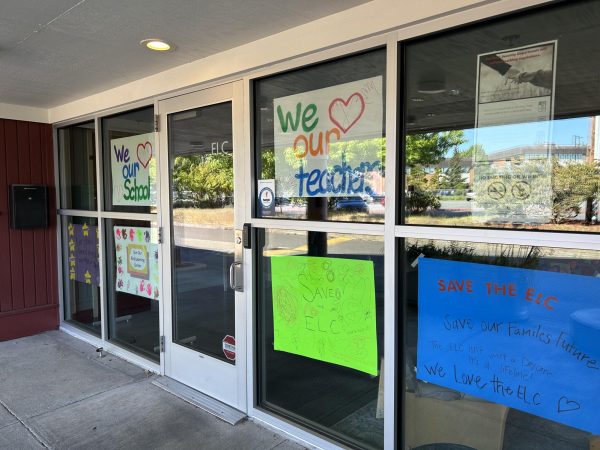
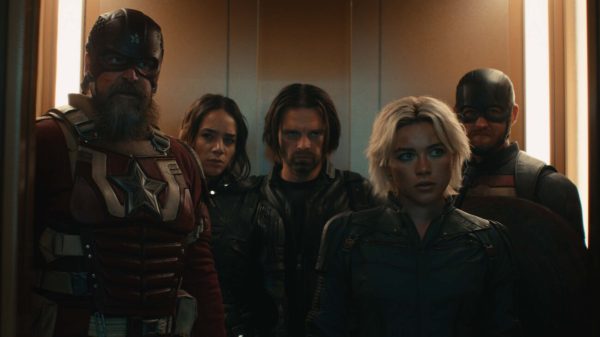
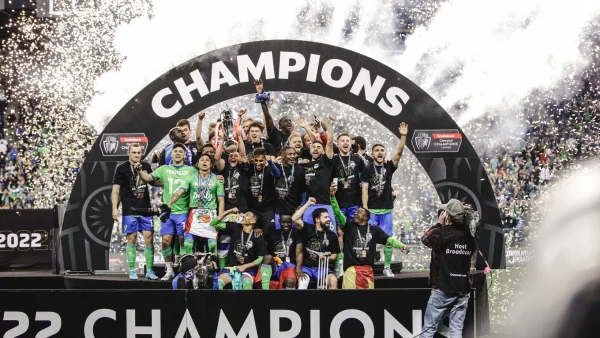
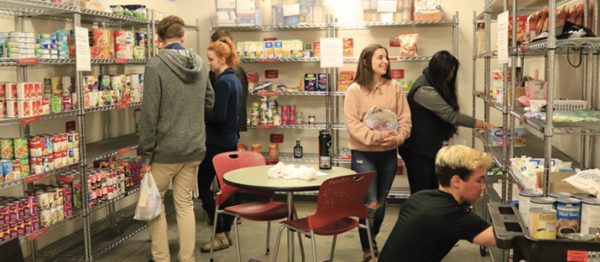
LINNEA COVINGTON PhD • Feb 22, 2018 at 9:43 am
GREAT! STRUCTURAL DESIGN ASSOC.